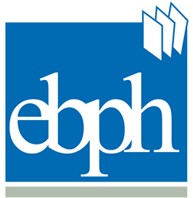Parent involvement when developing health education programmes
DOI:
https://doi.org/10.2427/5848Keywords:
Focus groups, health education, intervention, parent participationAbstract
Background: The problem of obesity in children and adults has been widely recognised and described in the literature [1]. There are several challenges leading to an augmentation of the problem. Firstly, the aetiology of overweight and obesity is not clear. Secondly, the long term effectiveness of prevention programmes is low. Only in some groups and for a short period of time an effect may be visible [2]. Thirdly, little is known about what children should learn when [3]. A proper concept of educating children in regard to healthy eating or physical activity does not exist. As far as we know an essential pre-requisite for health education programmes is that they are lifestyleoriented and easily transferable into daily family life [4]. For this, working together with the parents would be essential. The main goal of this article will be 1) to get a better understanding of what parents and nurses/ teachers want 2) to strengthen the point that this method is one way to involve the target groups and thus it is likely to increase the acceptance of health education programmes 3) to describe that focus group discussions are a useful tool to identify the opinions of the target group.
Methods: In the frame of three projects, focus groups with nurses/ teachers and parents have been carried out.
Results and Conclusions: Results from different focus group discussions with pedagogues and parents will be discussed and conclusions for health education programmes relevant to all key players involved will be identified.





